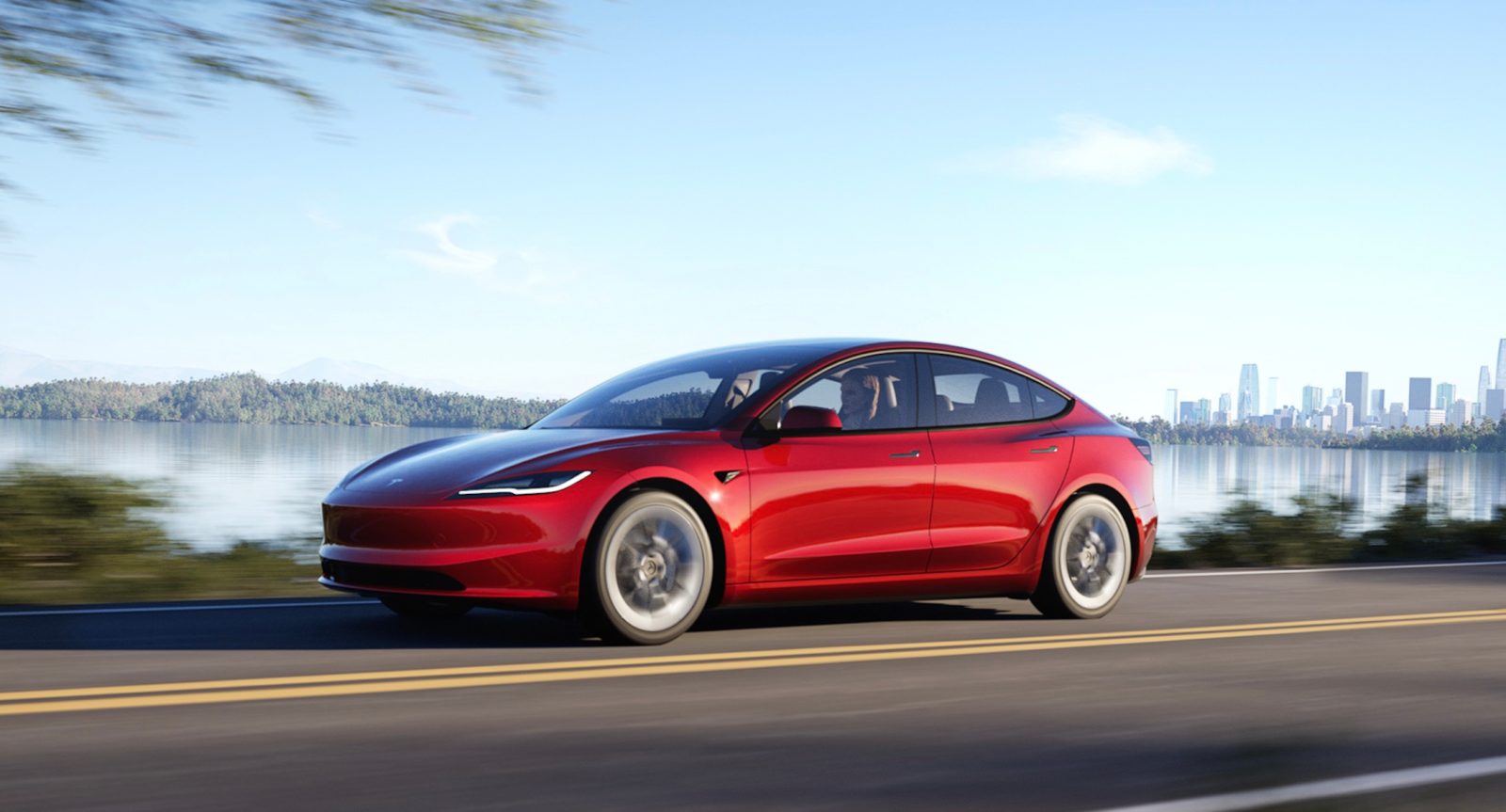
As a serious heat wave expands across the US, we look at how high temperatures affect EV range from battery range experts Recurrent.
An intense heat wave is expanding from the Midwest to the East and West coasts, with 6.4 million people under excessive heat watch as of today. Temperatures are expected to reach 100F in multiple areas in the US in the coming week.
So, I’m resurfacing this June study from Recurrent, which provides EV battery health reports for owners, shoppers, and dealers. Recurrent’s study, “Summer & Hot Weather on Electric Car Range,” looked at real-world data from more than 7,500 electric cars in the US.
The short answer is that EVs work mostly fine when the temperature soars. Electric cars only lose 2-5% of range in temperatures below 90F (32C). Electric cars have robust thermal management to keep the batteries cool and safe.
However, Recurrent’s battery readings found that EVs can lose 20-30% of total range in scorching weather, ie, above 95F (35C).
When heat becomes a problem for EVs
Heat adversely affects EVs in two situations:
- Leaving your EV battery at a very low percentage of charge. A car’s thermal management requires energy, so keep your battery charged to help the car keep its battery cool.
- Letting a car sit for weeks in the hot sun. That’s harder on an EV than parking it in the shade or outdoors. If you have to leave your car at the airport for a week, putting it in a sheltered parking spot would be ideal, especially if extreme heat is forecast.
How air conditioning affects EV range
Using your A/C during normal summer conditions won’t reduce your range by a noticeable amount. But interior cooling, of course, requires energy, so extreme heat could cause range loss.
Air conditioning has much less of a negative impact on EV range than a resistance heater, so the range doesn’t begin to dip until the thermometer reaches 85F.
Cooling your EV’s cabin affects the range less than heating it in cold temperatures.
The best way to cool your EV
If you pre-cool your EV when plugged in, the A/C won’t affect your range. The most energy-intensive part of air conditioning is the initial cool down. It may take 3-5 kW of energy to get a 95F car to 70F, but it takes only around 1 kW to keep it at 70F.
Plus, electric air conditioners are simpler than mechanical ones, but still check your air filters and hoses regularly.
How EVs affect heat
Top comment by Andrew
"Plus, electric air conditioners are simpler than mechanical ones, but still check your air filters and hoses regularly. "
What exactly is the difference between electric and mechanical air conditioners?
Also, "However, Recurrent’s battery readings found that EVs can lose 20-30% of total range in scorching weather, ie, above 95F (35C)." Over what period, as soon as the temperature hits 95F your battery charge drops 20 to 30%? Over an hour of driving? An hour of sitting parked? A day parked?
If you want fewer days of extreme heat, driving an EV is one of the best things you can do. Fossil fuel-powered transportation is one of the most significant contributors to climate change; EVs help combat that.
Read more: 6 ways to get the best range from your EV in winter
To limit power outages and make your home more resilient, consider going solar with a battery storage system. In order to find a trusted, reliable solar installer near you that offers competitive pricing, check out EnergySage, a free service that makes it easy for you to go solar. They have hundreds of pre-vetted solar installers competing for your business, ensuring you get high quality solutions and save 20-30% compared to going it alone. Plus, it’s free to use and you won’t get sales calls until you select an installer and you share your phone number with them.
Your personalized solar quotes are easy to compare online and you’ll get access to unbiased Energy Advisers to help you every step of the way. Get started here. –affiliate link*
FTC: We use income earning auto affiliate links. More.






Comments